Huntington’s chorea: etiology of development, clinical picture
Huntington’s chorea: etiology, symptoms. Treatment of children’s hyperkinesis
Huntington’s chorea is a hereditary disease and is characterized by the severe damage to the central nervous system. It is caused by pathological changes in the human genome. It can affect not only the cerebral cortex, but also its soft tissues. The disease is difficult, actively progressing.
Symptoms of the pathology
- classic Huntington’s chorea, which progression begins after 40 years of age, the clinical picture is characterized by a decrease in muscle tone and excessive movements;
- juvenile form, which manifests in childhood, accounts for 10 % of all cases of the disease. The development of the disease is rapid, but gradual.
Symptoms of juvenile chorea in children
- twittering lips while talking;
- frequent and deep sighs;
- constant sniffing;
- spontaneous sticking out of the tongue.
Mimic involuntary movements on the face gradually become intense, accompanied by dancing motion, nutation out of place, waving hands, swinging the body from side to side. Tic hyperkinesis can be diagnosed, the child is followed by a neurologist.
As the child grows, the symptoms mentioned above may disappear, but a general slowness in behavior is noted. Subsequently, muscle tone becomes as high as possible, and a patient is not even able to take care of himself/herself: to button up, put on pants, and so on.

One of the showy symptoms of Huntington’s chorea is a mental disorder: at first it is an increased irascibility and emotionality, sleep disorders. Unmotivated aggression is manifested, at an older age, hallucinations, delusional ideas, even suicidal thoughts are noted during the progression of the pathology. At the same time, patients cannot be critical of their own condition and behavior and consider themselves to be absolutely healthy.
The result of genome disruption is mental deficiency and dementia, when a person needs constant care. The disease progression lasts 10–20 years. The juvenile form of Huntington’s chorea develops very quickly, death occurs after 8–10 years.
Treatment of Huntington’s chorea
Modern medicine has no clear therapy tactics, this disease is considered incurable. The following medications may be prescribed for the treatment of children’s hyperkinesis:
- Tetmodis – reduces motor disturbances;
- neuroleptic agents (haloperidol, azaleptin, etc.) – reduce muscle tone, inhibit the progression of mental disorders;
- amytriptyline, which is the antidepressant that reduces the intensity of movements and mimic disorders.
No other therapeutic prescriptions are made, because any intervention does not give any results. Patients are literally terminally ill, as a result they become uncontrollable, directionally and time-challenged, lose their memory and do not recognize any of their relatives. They must be constantly monitored, so they are most often placed in specialized psychiatric clinics.
Huntington’s chorea is a genetic defect. Therefore, when such a patient has been revealed in the family, the examination of all family members is required, and it is better to carry out pregnancy planning under the control of geneticists. Modern scientists can offer people who are at risk of having such a baby to undergo IVF or ICSI procedure, when mothers are implanted with a healthy fertilized egg.
Article author - Irina Pepenina, M.D.
Publication date: 15.10.2020
Read more about neurology at Dobrobut
Our services
Our advantages
Our doctors
Our clinics
ISO certificates
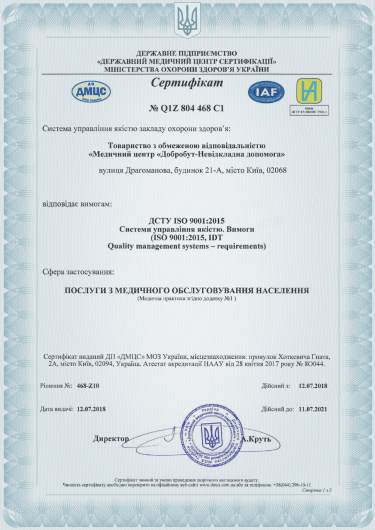
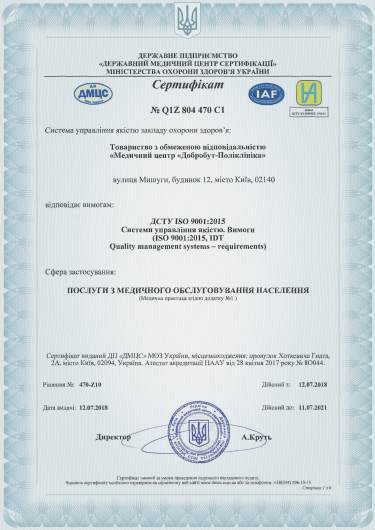
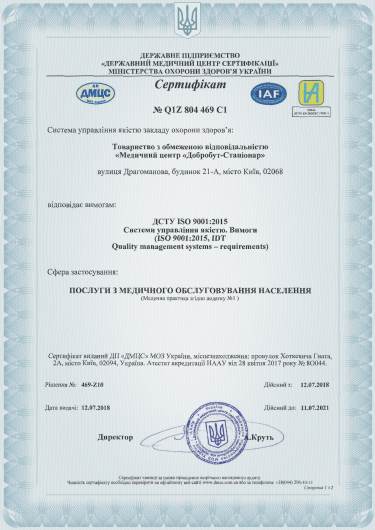
Accreditation certificates
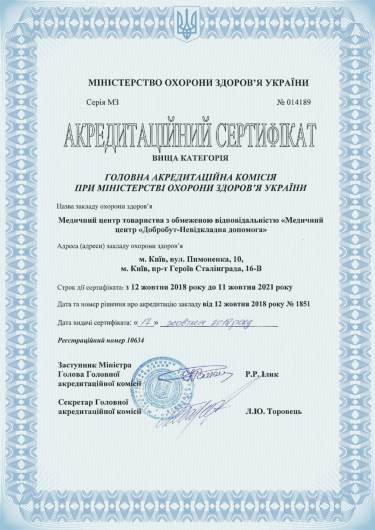
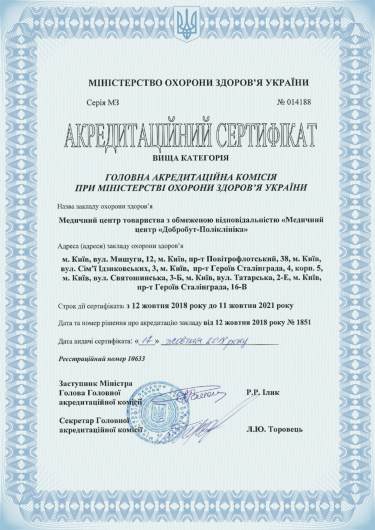
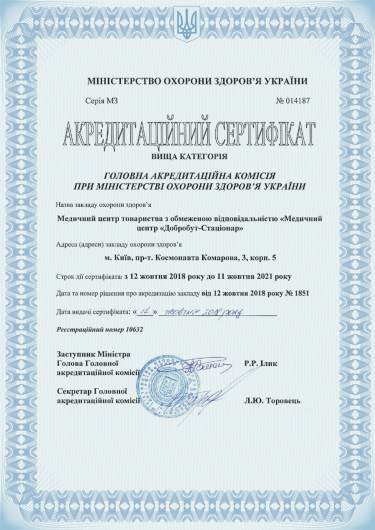
Medical practice licenses
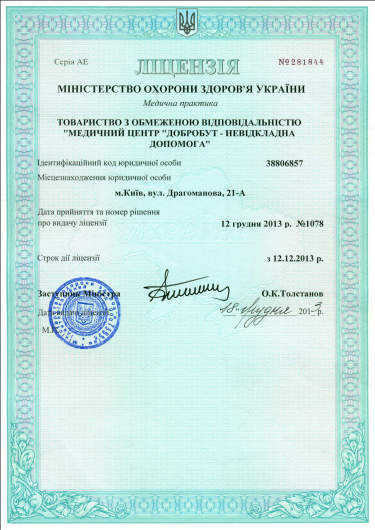
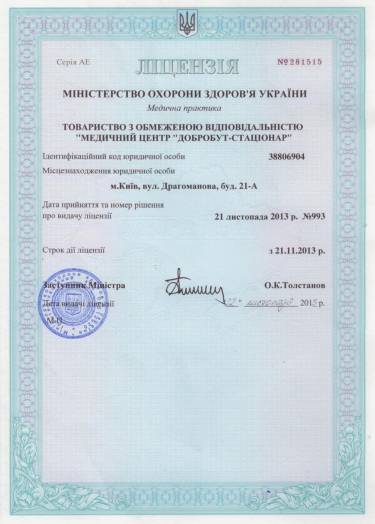
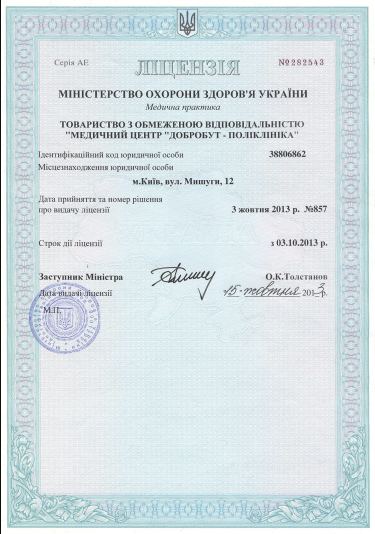
































%402x.png)
%402x.png)
